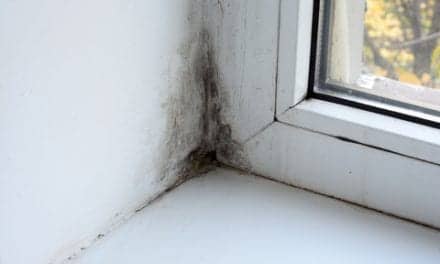 |
A bill that failed to pass during the 109th Congress has been given a new number and, perhaps, new life in the 110th.
The Pulmonary and Cardiac Rehabilitation Bill of 2005 (S1440, HR4824) provided for a national coverage policy that would ensure that individuals are not denied or limited access to pulmonary rehabilitation services and would have ended the debate between the Centers for Medicare and Medicaid Services (CMS), Fiscal Intermediaries, and providers by clearly defining pulmonary rehabilitation for Medicare recipients.
Currently, it is up to individual Fiscal Intermediaries, the insurance companies that handle Medicare claims, to decide whether they recognize pulmonary rehabilitation and what the reimbursement will be. “Because of this inconsistency,” says Carl Willoughby, RRT, RCP, a pulmonary rehabilitation coordinator at Mad River Hospital, Arcata, Calif, “the provision and reimbursement for these services vary widely and are nonexistent in some areas.” (You can read Carl Willoughby’s article about pulmonary rehabilitation in the February 2005 issue of RT)
On January 18, the bill was reintroduced as S329, The Pulmonary and Cardiac Rehabilitation Act of 2007, by Sen Blanche Lincoln (D-Ark), Sen Mike Crapo (R-Idaho), and Sen Olympia Snow (R-Maine). Crapo is chair of the Congressional COPD Caucus, a group of legislators from both houses who support COPD health care initiatives. The legislative language of S329 is identical to that of last year’s S1440. The bill also has been introduced into the House as HR552 by Rep John Lewis (D-Ga) and Chip Pickering (R-Miss).
The bill has a head start, because it has a (unofficial) CBO (Congressional Budget Office) score. This score has to do with the fiscal impact a bill is predicted to have. The lower the better, of course. The CBO score for S329 is “acceptable,” which gives it an advantage when supporters are looking for sponsors.
Willoughby says several professional societies, such as the American Association of Cardiovascular and Pulmonary Rehabilitation (AACVPR) and the American Association for Respiratory Care (AARC), are actively working key congressional leaders, and during the week of February 25 through March 2, more than 100 AACVPR representatives from all over the country will gather in Washington, DC, for a “Day on the Hill” in an effort to bring this issue to senators and representatives.
“Other societies are taking similar actions,” says Willoughby. “If we can get this passed, most likely attached to some larger legislative vehicle such as a comprehensive Medicare bill, it will cause CMS to recognize both pulmonary and cardiac rehab with a uniform national policy.”
Willoughby and other AACVPR members will be knocking on the doors of senators and representatives: “Citizen lobbyists petitioning their government for the redress of grievances,” he says. “I remember something like that from a high school civics class, but this is the real thing!”
Several other groups are also supporting the legislation: American Thoracic Society, National Association for Medical Direction of Respiratory Care (NAMDRC), and the US COPD Coalition. You can be a citizen lobbyist, too. Visit the [removed]AACVPR Web site[/removed], to learn more about “Day on the Hill,” or go to the AARC Web site, to learn how to contact your representatives and show your support (and ask for theirs) of this bill.
Passage of this bill is so important—for COPD patients and pulmonary rehab providers alike—don’t pass up the chance to make a difference.
—Marian Benjamin
[email protected]










